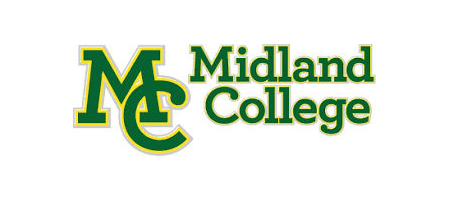MIDLAND The semiconductor chip shortage is not going away, and the supply chain needs trucks in service to stay in service, so Midland College’s (MC’s) Automotive and Diesel Technology programs are helping keep existing trucks running smoothly, making their scheduled deliveries this holiday season.
Automotive service technicians and diesel mechanics are working during an interesting and exciting time. Long-term preventative and predictive maintenance by techs have become a key part in navigating supply chain issues.
“As technicians we cannot see the future, but we can complete routine updates like tire rotations and oil changes while keeping our eyes open for future problems that may come up for a vehicle down the road,” Pete Avalos, MC Department Chair/Professor Automotive Technology, Diesel Technology and Energy Technology said. “The emphasis is on extending the life of current fleets because replacing vehicles is either not cost effective or impossible right now. I tell my students all the time as techs, we must cater to that demand right now. At MC, we prioritize maintenance, repairs, and good judgment and decision making – thinking through the pros and cons of different options and picking the best ones.”
The Bureau of Labor Statistics projects from 2014-2024, employment opportunities for diesel service technicians will increase by 12% and 19% for automotive service technicians.
“The supply chain issue is dire, but with it comes opportunities for MC’s automotive and diesel techs,” Avalos said. “The jobs these student techs are learning cannot be outsourced. It’s an increasingly complicated hands-on trade. The benefits of preventative and predictive maintenance will not go away. This chip shortage and supply chain crisis are only bringing to light all the things that MC’s technicians can do going forward.”
MC’s Automotive Technology program reflects a building-block approach from simple to complex skills, covering operational theory, diagnosis, repair, maintenance, practical skills, accepted shop procedures, different models of cars including late-model vehicles with electronic systems.
MC’s Diesel Technology program trains students to fix complex electrical systems, electronic controls, brake systems, suspension and steering, heating and air conditioning, engine performance, engines, manual drive trains and axles, hydrostatic and automatic transmissions, and diesel/automotive shop management.
Both programs are accredited by the National Automotive Technicians Education Foundation (NATEF). The curriculum is designed to prepare students for successful completion of the Automotive Service Excellence (ASE) national certification.




